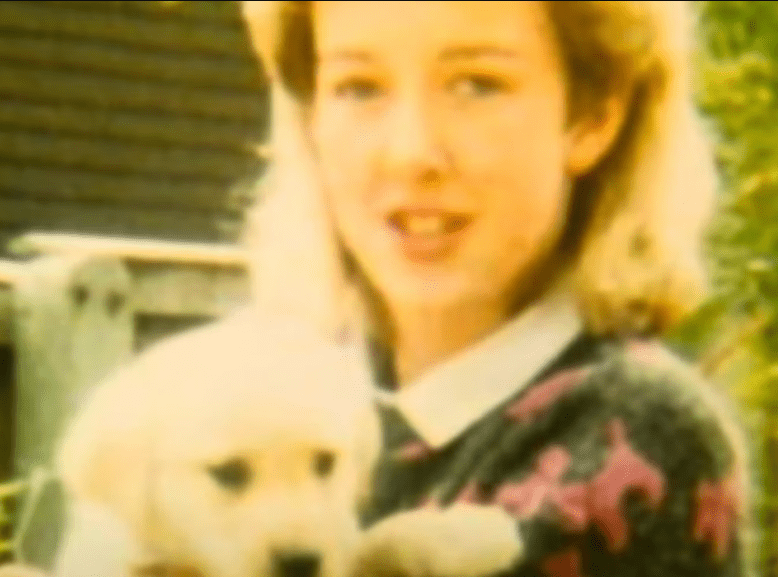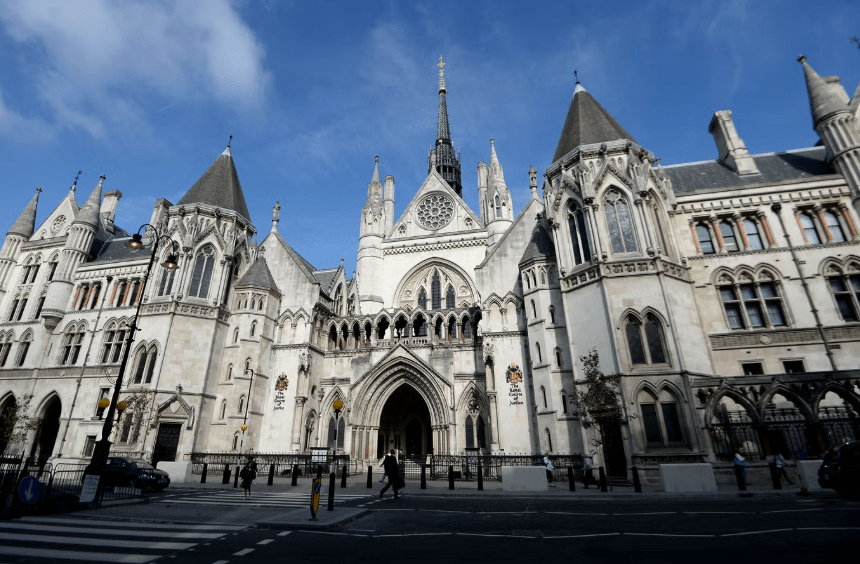Peter Sullivan, 68, has had his murder conviction quashed after serving nearly four decades in prison, marking what is believed to be the longest-running miscarriage of justice in British legal history.
Sullivan, originally convicted in 1987 for the brutal killing of 21-year-old Diane Sindall in Bebington, Merseyside, was cleared at the Court of Appeal after new DNA evidence proved he was not responsible. He was 30 when sentenced to life imprisonment.
Sitting at the Royal Courts of Justice, Lord Justice Holroyde, alongside Mr Justice Goss and Mr Justice Bryan, said: “In the light of that evidence, it is impossible to regard the appellant’s conviction as safe.”
The court ruled it was “necessary and expedient in the interests of justice” to overturn the conviction. Sullivan, appearing via video link from HMP Wakefield, appeared emotional, holding a hand to his mouth as his family embraced.
Over the years, Sullivan made several attempts to challenge his conviction, citing flawed bite mark analysis and irregularities in his police interviews. Despite two previous failed appeals, a breakthrough came when the Criminal Cases Review Commission (CCRC) accepted a re-examination of DNA evidence preserved from the 1986 crime scene.
That forensic evidence, unavailable until recently due to dilution caused by rain, showed no trace of Sullivan’s DNA.
Through his solicitor, Sullivan expressed no bitterness: “What happened to me was very wrong but does not detract that what happened was a heinous and most terrible loss of life.”
His sister, Kim Smith, said: “We lost Peter for 39 years… Peter hasn’t won and neither has the Sindall family. They’ve lost their daughter; they are not going to get her back.”
Labour MP Kim Johnson, chair of the all-party parliamentary group on miscarriages of justice, has demanded a full independent inquiry.
She said Sullivan’s case reveals “deep, systemic failures in our justice system,” calling it a “national wake-up call.” She urged “root and branch” reform of the CCRC and warned that other innocent people may still be behind bars.
Downing Street acknowledged the gravity of the situation. A spokesperson said: “It’s clear that Peter Sullivan has suffered a grave miscarriage of justice and our thoughts are also with Diane Sindall’s family on what must be an incredibly difficult day.”

Despite his exoneration, Sullivan must now prove his innocence “beyond a reasonable doubt” to Justice Secretary Shabana Mahmood if he is to claim government compensation. Even if successful, compensation is capped at £1 million, just over £26,000 for each year wrongly imprisoned.
Toby Wilton, solicitor for another wrongly convicted man, Andrew Malkinson, described this as a punishing and often impossible hurdle: “The longer you have been a victim of a miscarriage of justice… the harder it is to rebuild your life after your conviction is quashed.”
Until recently, prison living costs were even deducted from such payouts—a practice only abolished in 2023.
During the original investigation, Sullivan was reportedly denied legal representation and an appropriate adult, despite his mental health vulnerabilities.
His barrister, Jason Pitter KC, described Sullivan as a fantasist with limited intellectual function. “What he was saying was nonsense, in plain terms,” Pitter told the court.
Sullivan’s confession, later retracted, was riddled with inconsistencies and based on suggestive questioning. The original case painted him as a man who drank heavily after a darts match, armed himself with a crowbar, and attacked Sindall at random. That narrative has now been dismantled by scientific evidence.
Merseyside Police have reopened their investigation into Diane Sindall’s murder. A total of 260 men have been ruled out so far. The Crown Prosecution Service did not oppose the appeal, with Duncan Atkinson KC confirming: “The DNA evidence provides a clear and uncontroverted basis to suggest that another person was responsible.”
Sullivan’s solicitor, Sarah Myatt, called the outcome “an unprecedented and historic moment.”
“He has endured nearly 40 years in a category A prison for a truly horrific crime that he did not commit. Today, justice has been at last served,” she said.
The CCRC acknowledged its own shortcomings. A spokesperson said: “We regret that we were not able to identify Mr Sullivan’s conviction as a potential miscarriage of justice in our first review.”
The Ministry of Justice added: “We will carefully consider this judgment, looking at how this could have happened and making sure both Mr Sullivan and Diane’s family get the answers they deserve.”
Peter Sullivan’s case underscores a harrowing truth: justice can fail, and when it does, the cost is life-altering. His wrongful conviction not only stole decades from him but also left a grieving family without closure.
As pressure mounts for justice reform and transparency, this case serves as a haunting reminder that the system must change, not only for Sullivan but for others like him still waiting for justice.






